
Sustainable Business Model Canvas: A Tool for Promoting Sustainable Business Practices

In today’s world, economic crises, global epidemics, and environmental or climate change issues constantly compel us to explore and implement solutions that promote sustainable development, improve living conditions, and balance environmental, social, and economic aspects (Strange & Bayley, 2008). Business models have garnered significant attention in recent years due to their pivotal role in this process (Dohrmann, Raith, & Siebold, 2015; Kleine & von Hauff, 2009; Lüdeke-Freund, Carroux, Joyce, Massa, & Breuer, 2018; Rauter, Jonker, & Baumgartner, 2017; Upward & Jones, 2015). Given the increasingly stringent regulatory landscape—with new laws targeting emissions reduction, energy efficiency, and sustainable practices—businesses must integrate environmental requirements into their strategies to remain competitive. This entails transitioning to low-carbon technologies, reducing waste, and reconfiguring supply chains.
At the end of 2024, the LOCALISED project introduced a new Excel-based tool to help businesses organize, connect, and plan decarbonization strategies within their standard business operations. The Sustainable Business Model Canvas (LSBMC) identifies nine essential elements of business models: Supplies & Outsourcing, Production, Functional Value, Materials, End of Life, Distribution, Use Phase, Environmental Impact and Environmental Benefits.
These elements help businesses recognize the benefits and solutions available to end-users and other stakeholders. Moreover, the tool offers best practices across key economic sectors, including manufacturing, agriculture, construction, and transportation. It also assists in identifying specific factors relevant to sustainable operations while highlighting potential barriers to implementation.
The canvas incorporates other key outcomes from the LOCALISED project, such as:
- A comprehensive database of decarbonization and climate adaptation measures.
- Instruments related to these measures for efficient implementation.
- Indicators to evaluate and monitor the effectiveness of various strategies.
Additionally, the tool integrates the methodology proposed by Lüdeke-Freund et al., which classifies and develops sustainability-oriented business models (Lüdeke-Freund, Carroux, et al., 2018). Using patterns as problem-solution combinations and following a multi-method, multi-step approach, they identified and validated 45 sustainability business model (SBM) patterns that can be applied in business model tools.
Companies can be assessed based on the extent to which economic, environmental, or ecological factors influence their models. Some businesses may lean toward social orientation, while others prioritize environmental considerations. By analyzing this balance within the “triangle” of sustainability, organizations can conduct a preliminary assessment of their situation and visualize their proximity to the center, which represents the most balanced model.
To validate the usability of the tool, the LOCALISED project conducted tests with businesses in Catalonia from various sectors, including transport, construction, agriculture and tourism. This validation process consisted of two online workshops designed to explain usage instructions and gather feedback from stakeholders. The feedback received was overwhelmingly positive, and the completed canvases proved instrumental in mapping strategies to help businesses adopt more sustainable practices. These strategies also demonstrated significant collateral benefits for both economic and social dimensions.
In conclusion, the Sustainable Business Model Canvas offers businesses a comprehensive and practical framework to transition toward sustainable operations. By leveraging the insights and methodologies embedded in this tool, organizations can enhance their resilience and competitiveness in an era of increasing environmental and regulatory challenges.

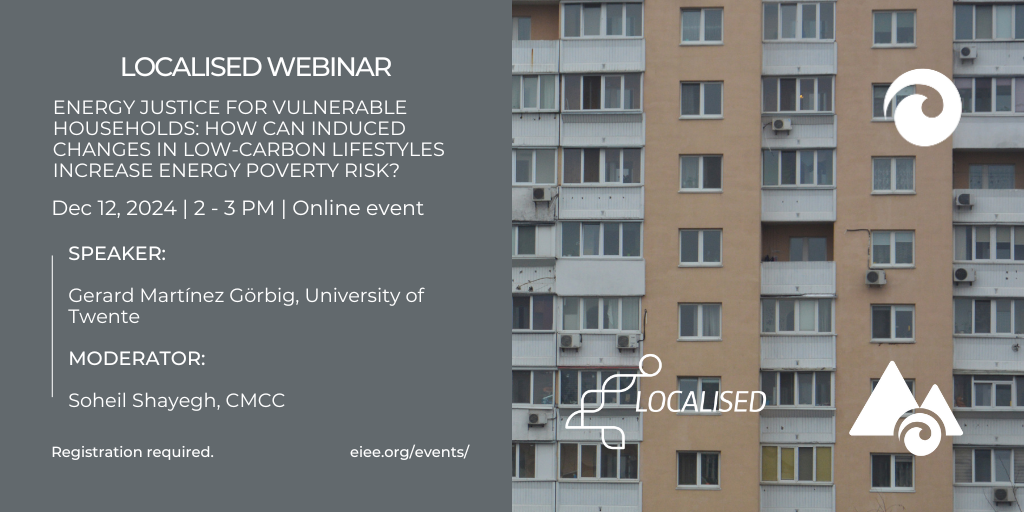

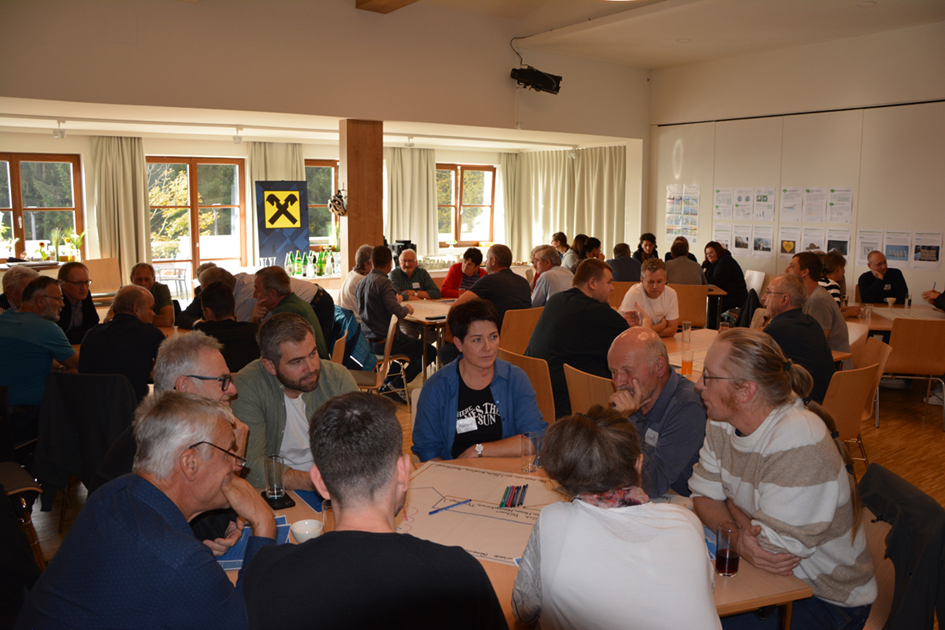

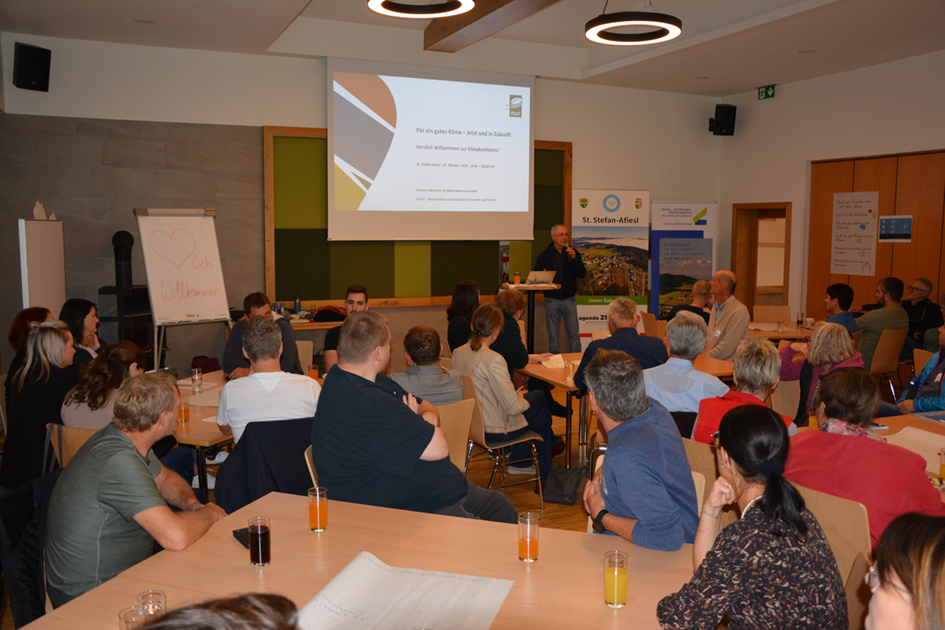
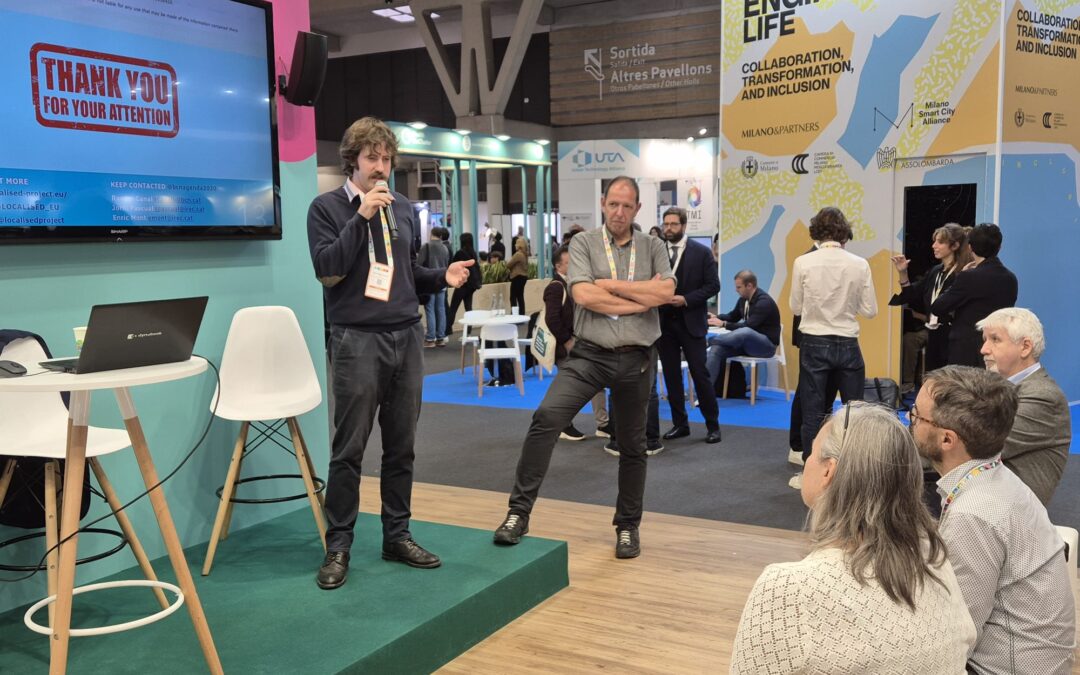
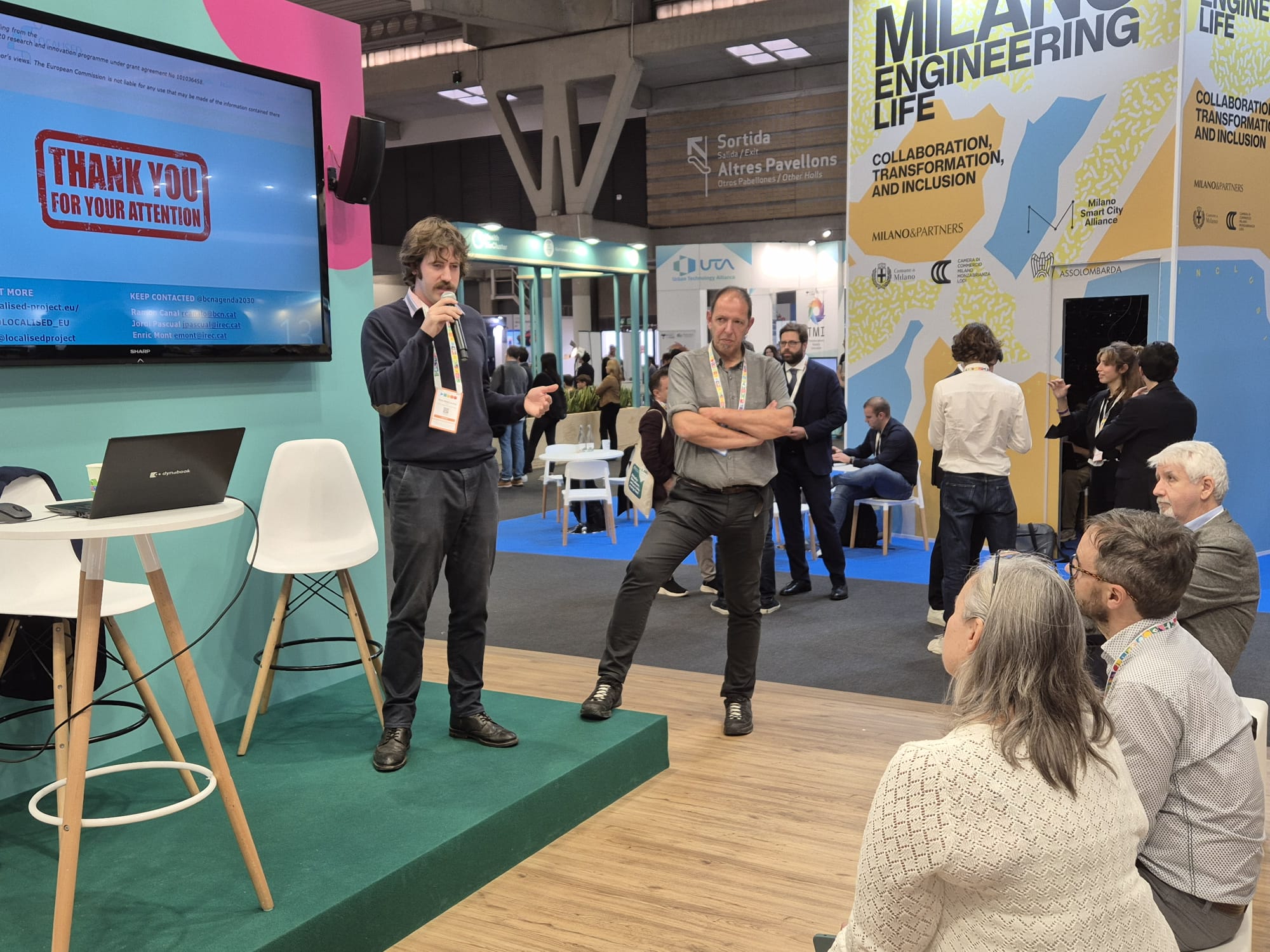
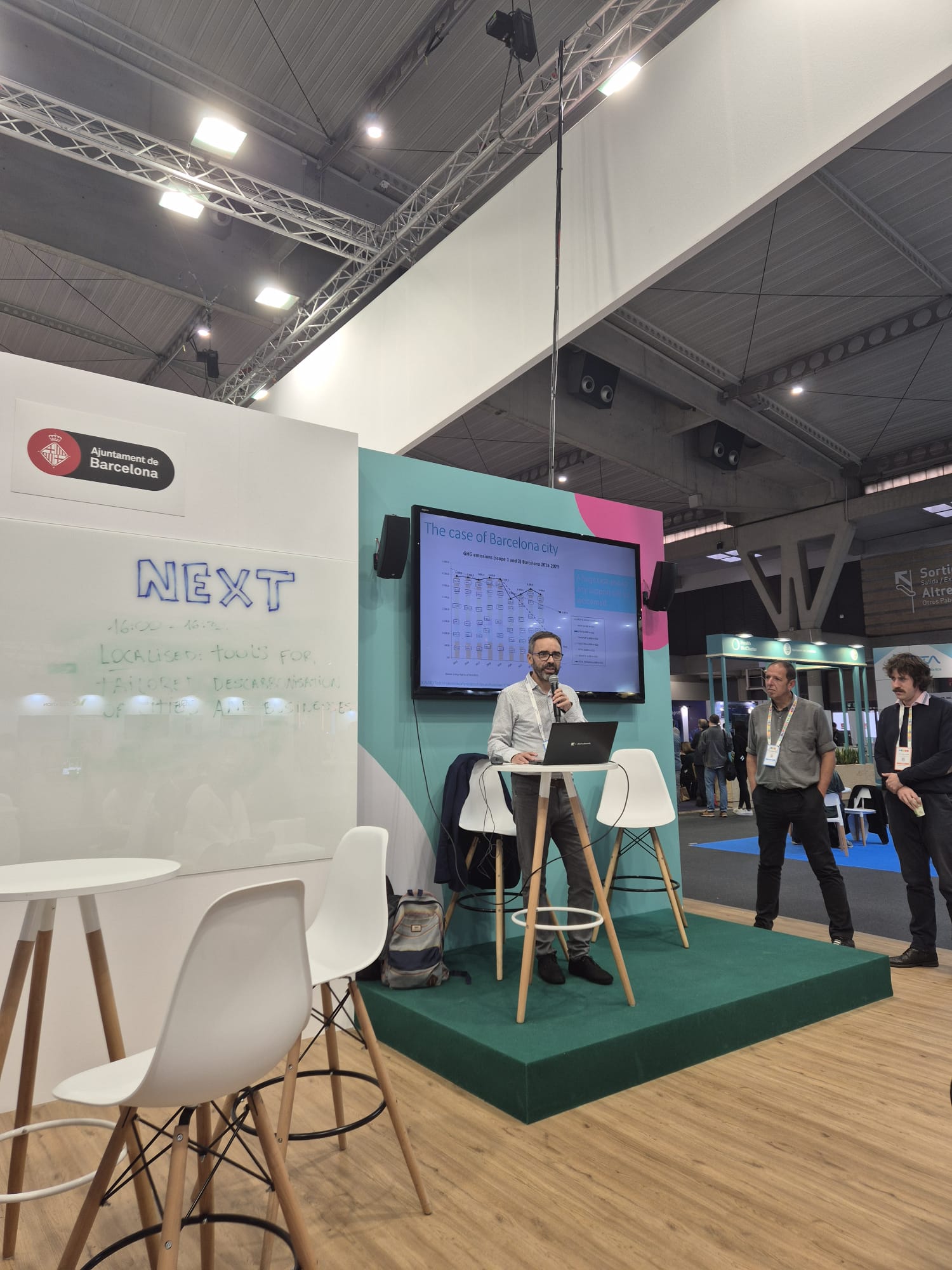
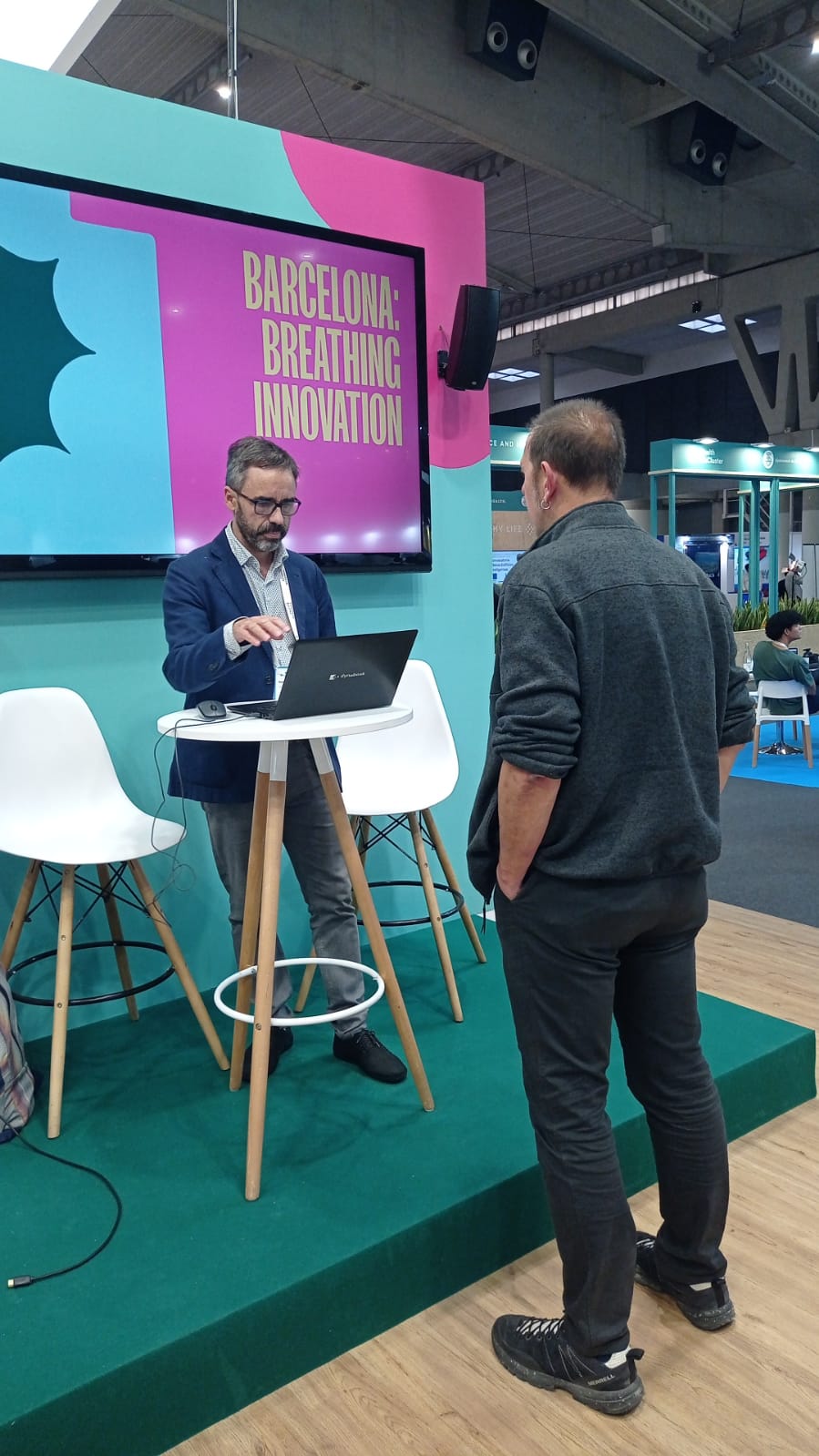





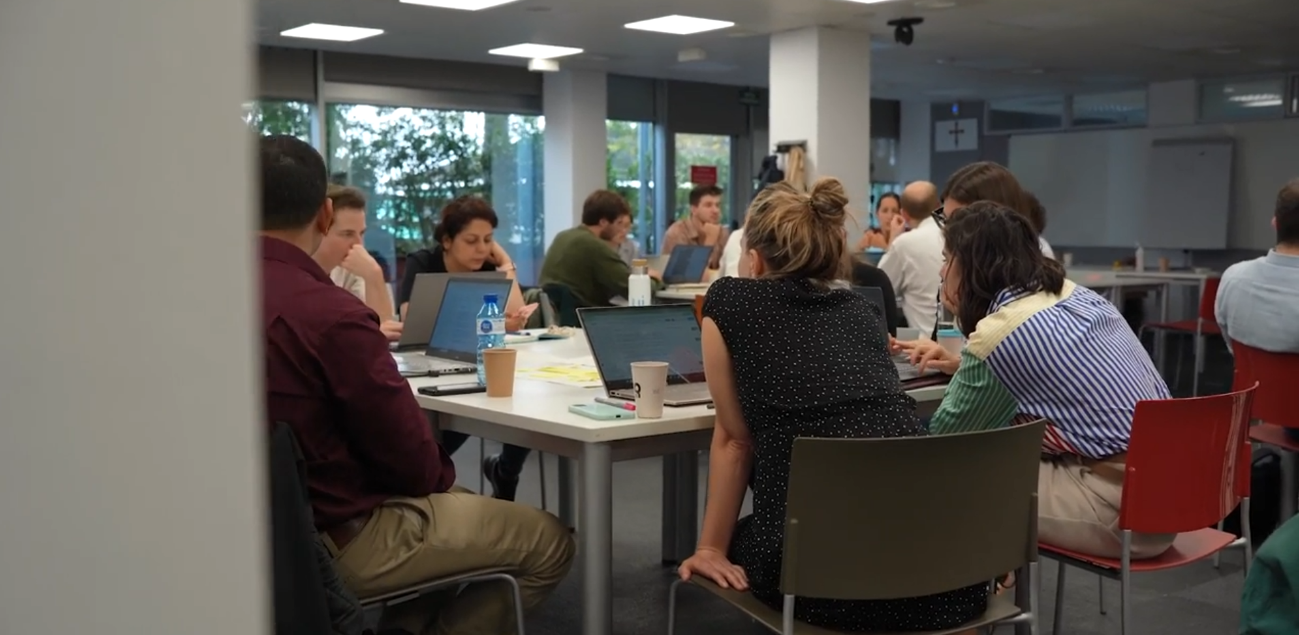
Recent Comments